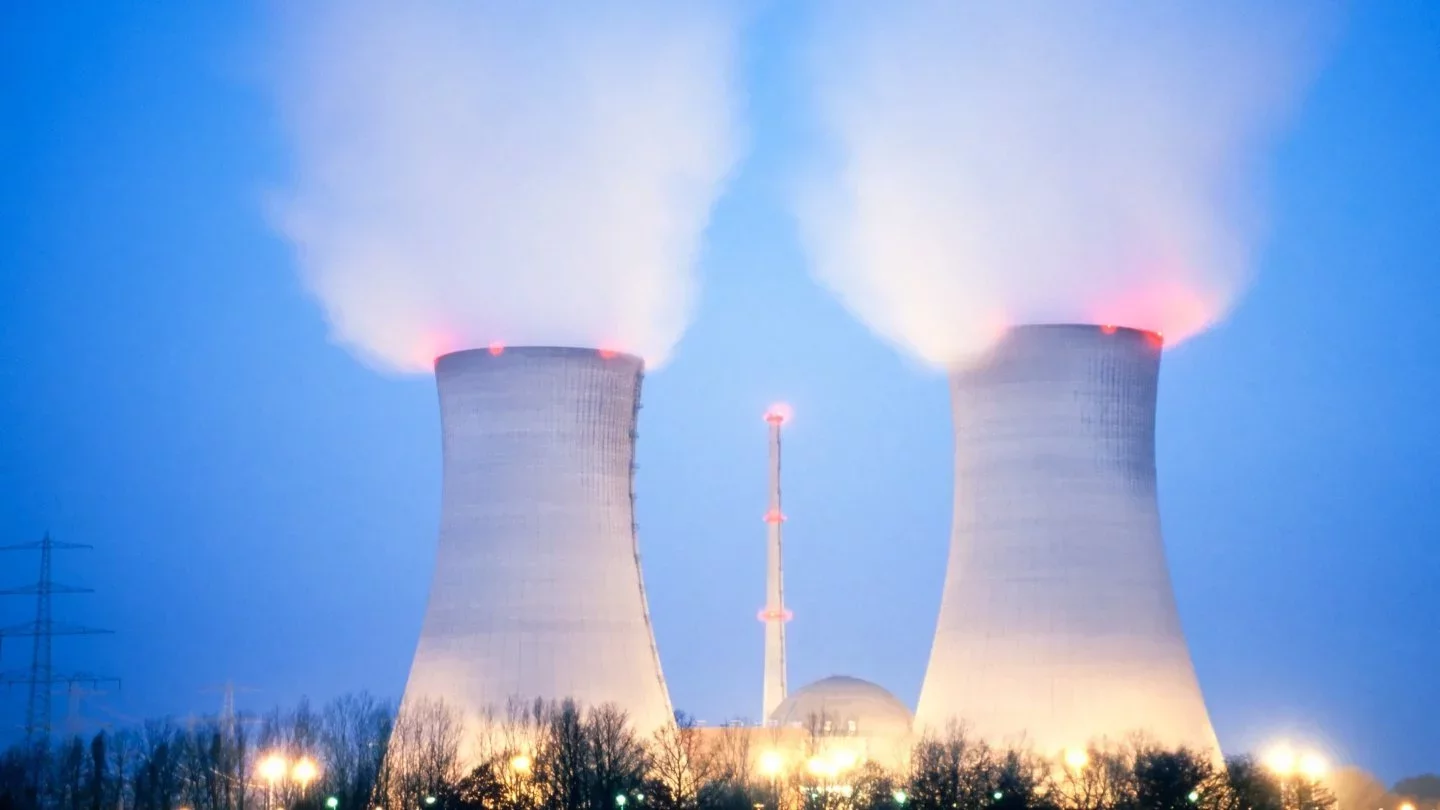Nuclear Power Plant Construction: Expert Assesses Political Risks for Kazakhstan
 Photo: Elements.envato.com
Photo: Elements.envato.com
Public hearings on the referendum on possibly constructing a nuclear power plant have ended in Kazakhstan's large cities. Political scientist Gaziz Abishev briefly summarized the results in Telegram and assessed the political risks for Kazakhstan, Orda.kz reports.
Gaziz Abishev notes that the issue of nuclear energy is ambiguous: both its supporters and opponents have compelling arguments. The political scientist assessed the discussion at the public hearings as generally constructive. Yet, he noted that those supporting the construction seem more convincing.
The power shortage is evident, it is proven both by the energy balance figures and by periodic outages here and there. While the opposing side promotes theses about the danger of nuclear power plants on a rather emotional level, without substantive evidence. More precisely, the supporters of the nuclear project refute the danger of an accident more effectively than its opponents - the threat of a nationwide blackout, the political scientist emphasized.
The expert points out that even if the referendum votes in favor, a nuclear power plant in Kazakhstan will not appear overnight.
A government commission will be formed, a competition will be announced, and potential contractors' competition documents will be reviewed. After a specific contractor is selected, technical and financial projects will begin to be developed, which may take up to two years. The construction of the plant, including a reactor installation, preparation, and launch, will last at least five years or even ten.
The entire process will be monitored by several parties at once: specialists from the contractor company, IAEA inspectors, experts from the Kazakh government and, possibly, independent consultants specially hired by it. It is clear that the competitors of the contractor company will also monitor the construction process, looking for shortcomings to slow down the process and make it more expensive. And we must not forget about the passionate civil society of Kazakhstan with all its experts, pseudo-experts, educated ordinary people, honest alarmists, and others, Gaziz Abishev writes.
At the same time, the abandonment of nuclear energy presupposes the construction of new coal stations and renewable energy sources, which will cost Kazakhstan comparable amounts. If this happens, Abishev warns that in 10-15 years, the country will face much more severe issues with energy. He also stated building a nuclear power plant in the changed conditions would be impossible.
Regarding the political threats from the construction of the NPP. Firstly, the result of the referendum is still unknown. Secondly, if the result were in favor, a contractor would have to be selected. It could be Russians, Chinese, French, or Koreans. It is possible that there will be an international consortium, for example, Russian-Chinese or Chinese-French. It should be noted that for any country, the construction of a NPP is not only and not so much politics as business. Each built and operated station affects the demand for new stations in other countries - and this is a matter of tens of billions of dollars,Gaziz Abishev emphasized.
The political scientist acknowledges concerns that Russia or China will be able to exert pressure on Kazakhstan if they build the nuclear power plant. However, he points out that these countries do not have to make much effort to influence Kazakhstan's policy.
Do these countries really need a nuclear power plant to put pressure on Kazakhstan right now? Given our geographical isolation, the length of our borders with our neighbors, and our dependence on raw materials exports? Closing borders and a trade embargo are two very unpleasant concepts for Kazakhstan. Which, it must be said, have never been fully applied to Kazakhstan, given the friendly relations between Astana, Moscow, and Beijing. And one more thing: when someone considers a nuclear power plant as a necessary support point for potential military influence on Kazakhstan, they simply do not understand the overall balance of military potentials, Gaziz Abishev believes.
The political scientist concludes that the construction will not significantly affect Kazakhstan's geopolitical position. It will be more critical to determine the requirements for the future station's local personnel, i.e., the share of domestic workers and subcontractors, to ensure that the NPP economically benefits Kazakhstanis.
Original Author: Nikita Drobny
Latest news
- Kazakhstan Lifts Gallium Export Duty
- Chinese Firm Proposes to Fund New Port and Logistics Hub in Mangystau Region
- ForteBank Stock Soars on Home Credit Deal, Then Plunges 30% in a Day
- Coins Believed to Be Tied to Kairat Satybaldyulyuly to Be Auctioned
- Ukraine’s Military Intelligence Chief Says Ceasefire Should Come Before Year’s End
- Kyrgyz Citizen Fined in Kazakhstan for Carrying Banned Book Across Border
- Trial of Former Financial Police Officers in Khorgos Case No. 1 Closed to Public Over State Secrets
- Kazakhstan to Ban Outdoor Currency Rate Displays at Exchange Offices Starting September
- Armenian Court Orders One-Month Detention for Tashir Pizza Executive Amid Ongoing Investigation
- Kazakhstan May Require Banks to Offer Deferrals to Socially Vulnerable Borrowers
- Almaty Utility Pursues Debt Collection for Unpaid Heating and Hot Water Bills
- Kazakhstan and Afghanistan Sign Railway Memorandum
- Kazakhstan's National Bank Keeps Interest Rate at 16.5%, No Cuts Expected Until 2026
- Vyacheslav Kim Finalizes Purchase of Alatau City Bank
- Wild Arman Associate Detained in UAE Over Alleged Role in Qantar Riots
- Ulytau Region Akim Sues Woman for 495,000 Tenge Over TikTok Video
- Ukrainian Entrepreneurs Move to Buy BTA Bank from Kazakh Businessman Kenes Rakishev
- Kazakhstan’s Foreign Debt Hits 170.5 Billion USD in Q1 2025
- Regulator Flags Pricing Issues in Yandex Go Audit, Company Ordered to Adjust Policies
- Azattyq Prepares Lawsuit Against Kazakh Foreign Ministry Over Denied Press Accreditations

